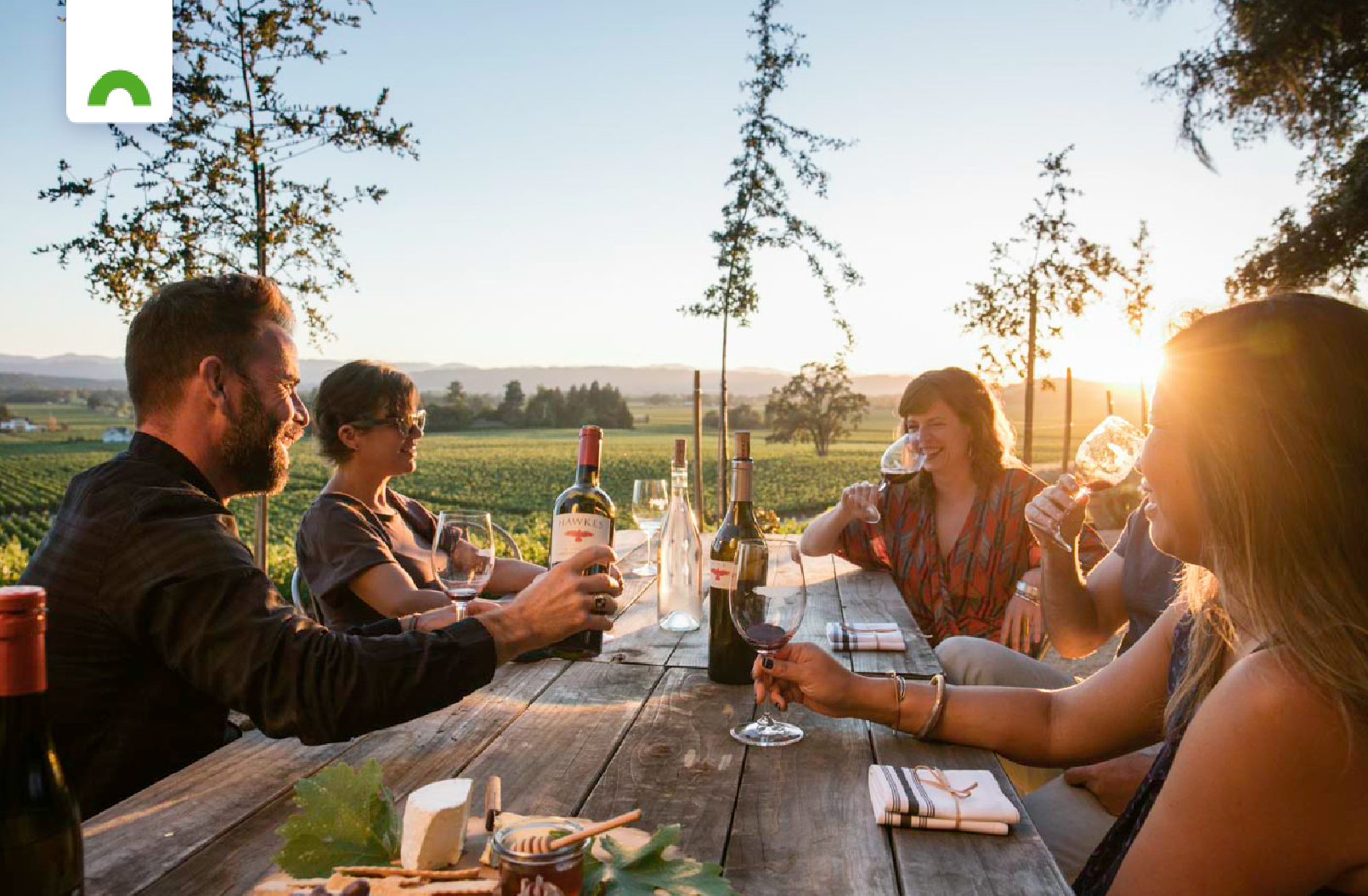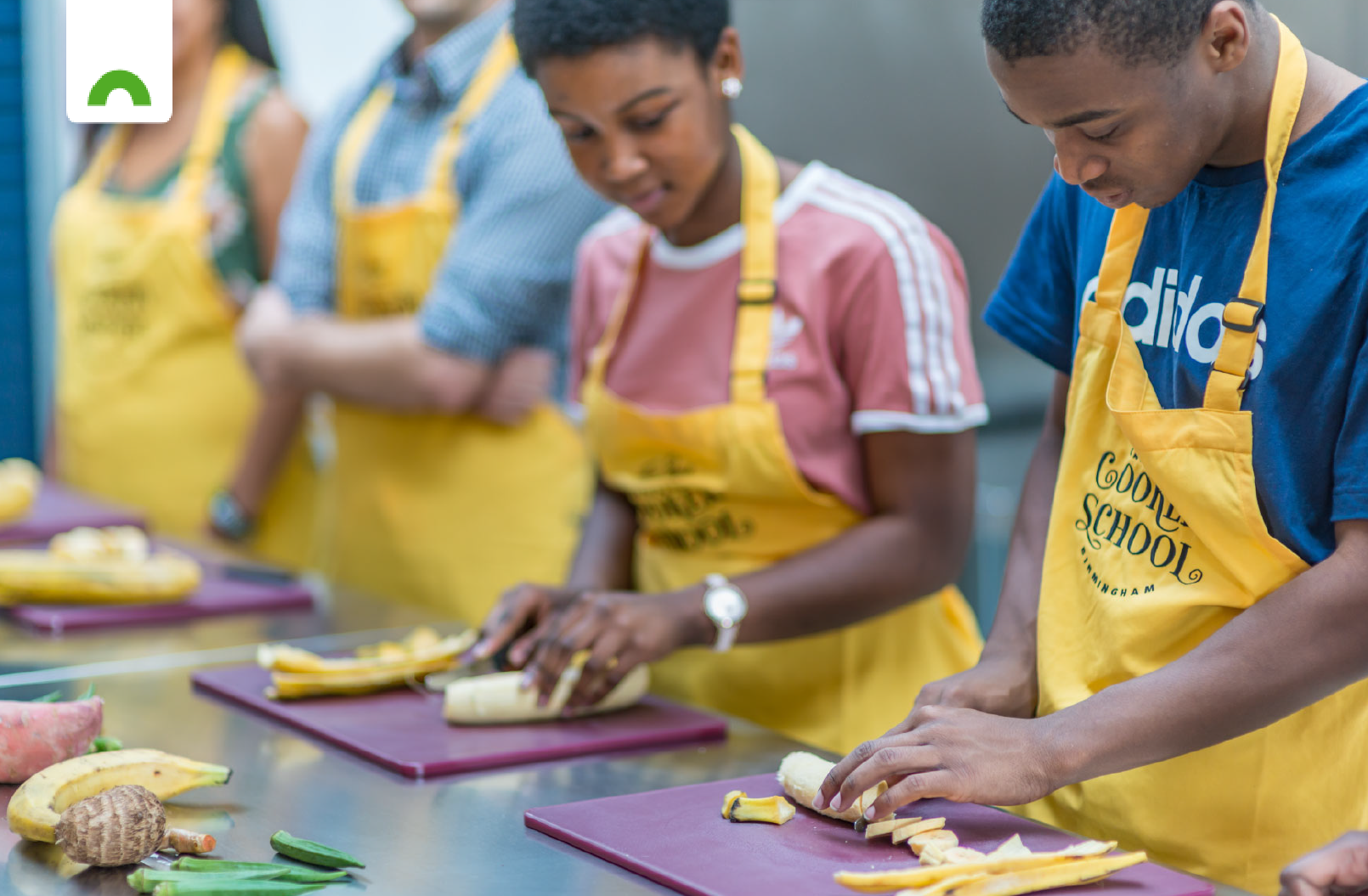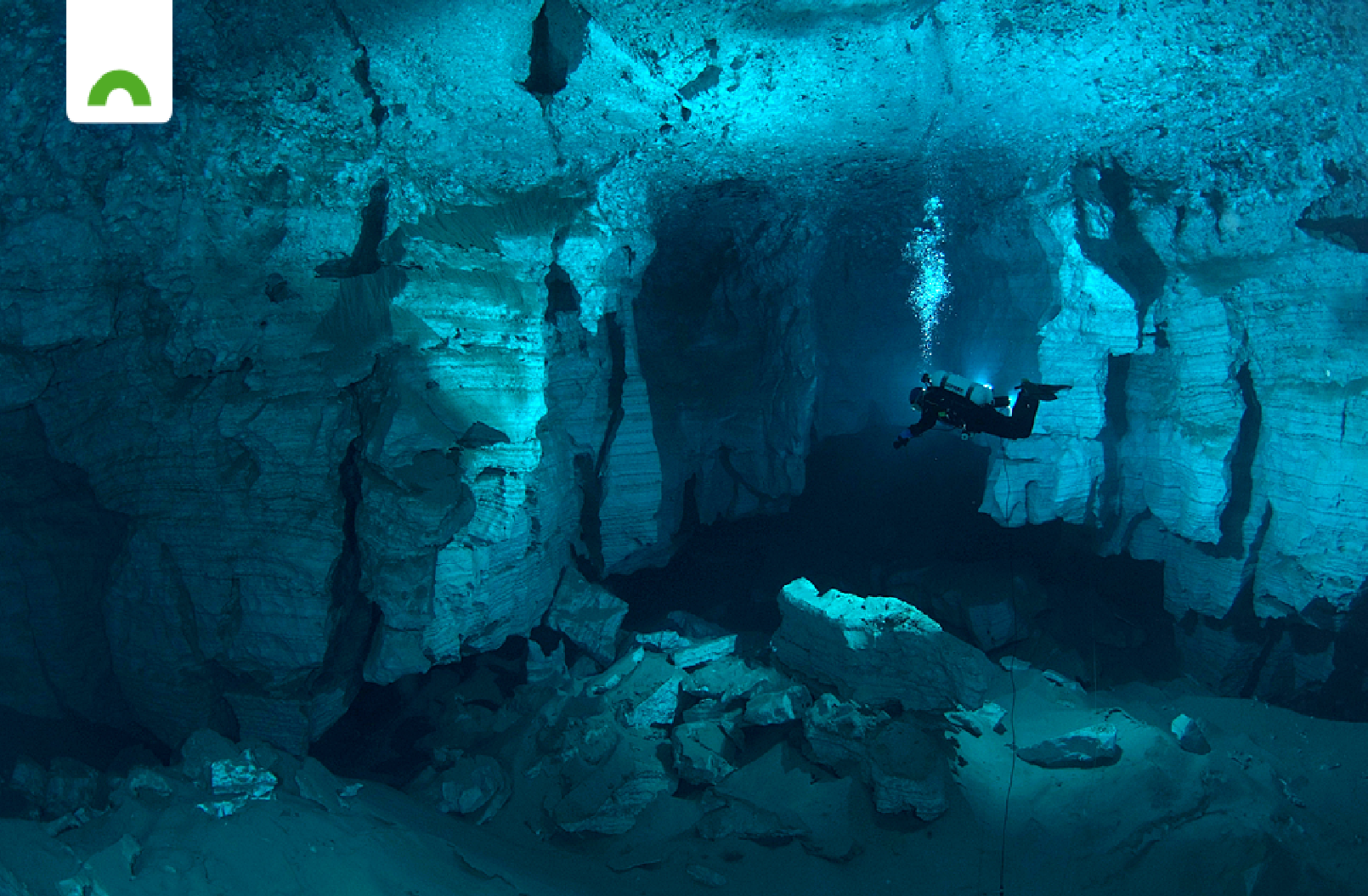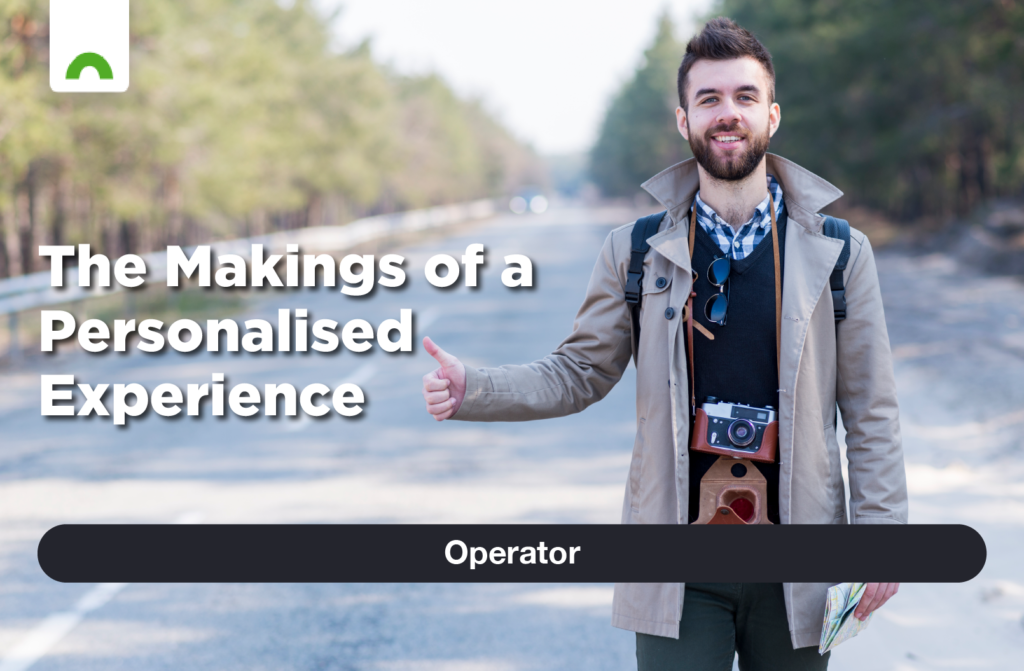In the pursuit of client satisfaction, hitch your fortunes to personalisation and information organisation.
In our business, attention to detail is key. Start by acknowledging that one size doesn’t fit all. Unique and diverse clients have unique and diverse needs, and it takes time to collate information that is relevant to each traveller type. A personalised proposal signals you care about the client’s experience and about serving their interests.
With an efficient process in place and an holistic approach, this is your opportunity to show that you’re not just after a sale, and to stay a step ahead of the competition.
Who Wants What?
It’s about more than travel trends and popular tourism destinations, events and activities. There’s a host of tiny, essential details that glue an experience together, the kind that travellers don’t want to be bothered with. They’d rather pay you to do it for them, and ensure all the surprises on their trip are pleasant ones!

For instance, your client asks you for activity recommendations in-destination. They turn up with no more than a credit card at a cash-only establishment. This detail may be less sexy than the pre-paid safari you booked but the client arriving at the wine-tasting you recommended will be sorely bummed that they can’t participate in the activity they were so looking forward to. What a shame if this becomes the thing they remember most of the trip…
Technology will help you get the info you need to give your clients the personalised experience they want. Garner traveller data via:
- social media
- email campaigns
- transactional data
- customer search analytics
- surveys
- online reviews
Together with face-to-face interaction, data dishes up a wealth of information on customer preferences and tendencies throughout the buyer journey, with which to paint the picture of what certain traveller types want and don’t want. Organise and save your findings somewhere safe, so that when you need it to plan new itineraries, the information is conveniently available.
If the Product Fits, Sell it!
They rely on you to know the hot spots and to guide them to better options, relevant to their traveller profiles. To represent an experience honestly, it might mean advising a client against something they’ve requested, especially if you have more suitable alternatives.

For instance, three enquiries for an eco-friendly escape from different traveller types result in three different proposals. One party might be elderly or disabled with mobility issues; another might be a couple with a romantic, kid-free preference; a third party might be a solo-travelling health-and-fitness freak. You (or someone in your team) will know exactly which suppliers offer sustainable experiences with disabled access and permit comfort animals, which suppliers permit under-18 year-old guests, and which offer wellness accommodation options without a single supplement.
Inclusion and exclusion details, access issues and proximity to transportation, can all disrupt the flow of a trip if they’re not factored in.
The more detailed your proposal in terms of special interests and needs, the closer the match between traveller and experience. Organise this type of info for future use, in an easy search filter format.
Got the Holiday Munchies
Whether you know them from personal experience or via a colleague’s, you will have preferred restaurant products or dining options to satiate every palate, dietary requirement and curiosity. Apart from the fact that culinary tourism is hugely popular, food as a creature comfort can either enhance the traveller’s leisure if it ticks the right boxes, or leave a bad taste in the mouth.

Ask the question: if they have special foodie interests or dining preferences, whether local gastronomy, familiar international cuisine or fusion, fine or casual dining, they’ll specify it. Use the information to point them in the right direction so they don’t waste time in-destination looking for places to eat and risk ending up somewhere their taste buds don’t fancy.
Vegans, vegetarians, pescatarians, halaal, kosher and gluten-free diners often struggle to find suitable options. Speed up and simplify the process by searching your destination, and identifying the experience by cuisine, ambience, facilities, price and suitability. Does it have a bar, a kids’ play area, live entertainment? Label it!
Refresh your research every so often, keep notes from site inspections and educationals, and ensure the info is at your fingertips when you’re personalising new client itineraries.
Not all Activities were born Equal
The perfect itinerary promises all-day fun, relaxation and adventure, but sometimes travel products become unavailable or they simply don’t suit the client. You don’t control the weather, nature or politics, but you can advise clients where tourism is affected by climate, seasonality and social unrest. Activity info about age appropriateness, physical risk factor, weather-dependency and special interests – from general (client loves animals) to niche (client supports penguin rehabilitation) – add personalised detail to the experience.
When the daughter of a friend realised they were visiting a location that offers shark cage diving, she could barely contain her excitement. After hearing there had recently been some good shark sightings, they booked the activity, and pre-paid in full. Upon arrival and boarding the boat, they discovered that the 10 year old girl would not be permitted to do the dive. No scam, just a safety regulation. Poor communication or misinformation lead to a sulky child and a mother annoyed that she hadn’t spent such a hefty portion of their activities budget on something more fun for her daughter. Accurate product knowledge would never let that detail slip through the cracks.

When you’re working on a proposal and need to send it quickly, it helps to know if the required activities are, in fact, available, and what the fine print is. Organise your preferred activity products, flag relevant items, add any urgent notes, and clarify how to sell them best.
The Role of Accommodation Suppliers
It’s a lovely idea but it’s impossible to globetrot year-round doing site inspections. First-hand experience is first prize but failing that, you need thorough, up-to-date info from your suppliers.
- Do they have any construction work or renovations happening?
- Are they closed for the season?
- What traveller types are they best suited to?
- What additional experiences are available and how easily accessed are they?
- What languages are spoken on-site?
- What about malaria, etc.?
Nobody travelling in summer wants to arrive at their guesthouse after a hot day’s excursions to find the swimming pool closed for maintenance, when its glistening pics are splashed across the website. We always want to sell our clients an honest bill of goods.
Price is a major determining factor; so keep their BAR pricing and commission info close when creating proposals. Apart from matching budgetary requirements, where there are options, you want to be able to select appropriate room types based on what’s available for the size of your client party, and according to their personal tastes. Supplier fact sheets or company docs they can provide help fill in the information gaps.

Rating your preferred accommodation products – whether by national or international grading standards, or using your own company standard – makes it so much easier for anyone in your team to dip into your collated, organised mess of supplier info. It means when you or your teammates are working on a personalised itinerary, selecting the right product for the client is quick and painless. And you’re assured of brand consistency across the multitude of proposals sent out daily by every consultant in your company.
Organised travel content and supplier information optimises your time and collective resources. It makes life at work easier because helps you flesh out the details of a personalised proposal swiftly. The final pay-off is what it communicates to the client: that they’ve been heard, that your product knowledge is thorough and your expertise is trustworthy, because you’ve literally thought of everything.


Would you like to share your thoughts?
Your email address will not be published. Required fields are marked *